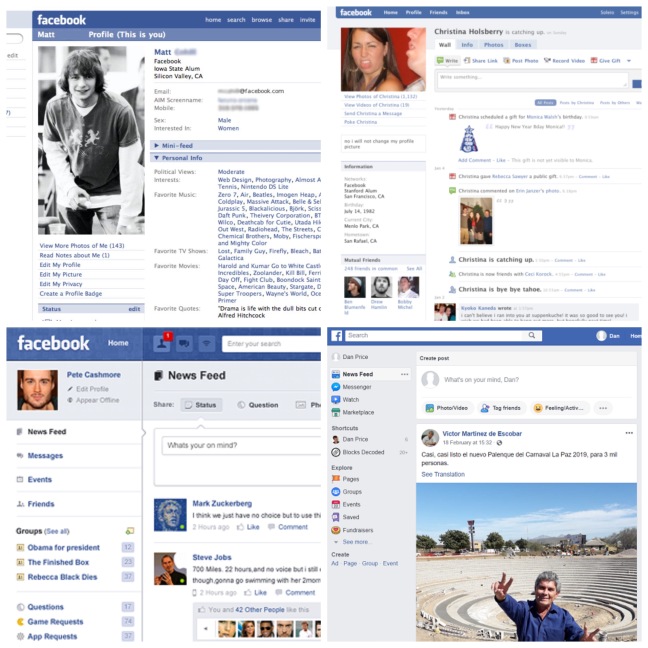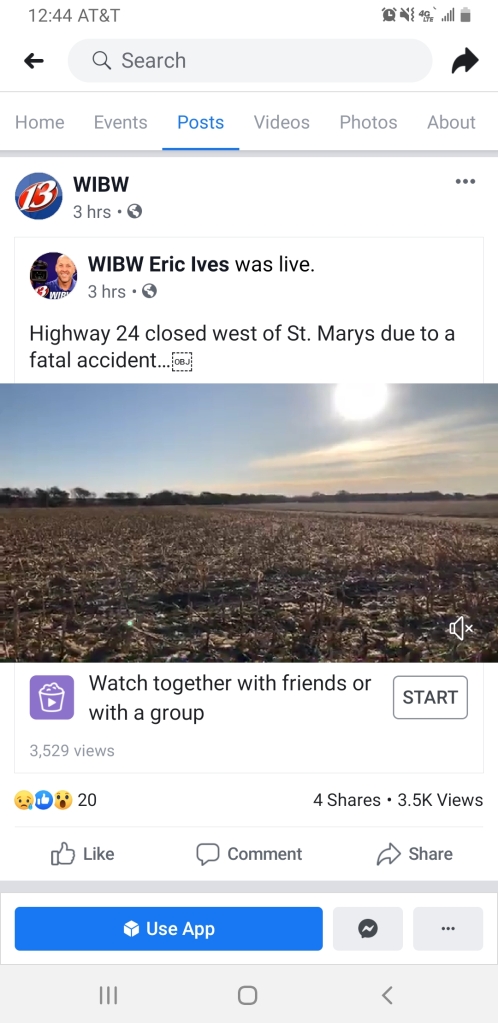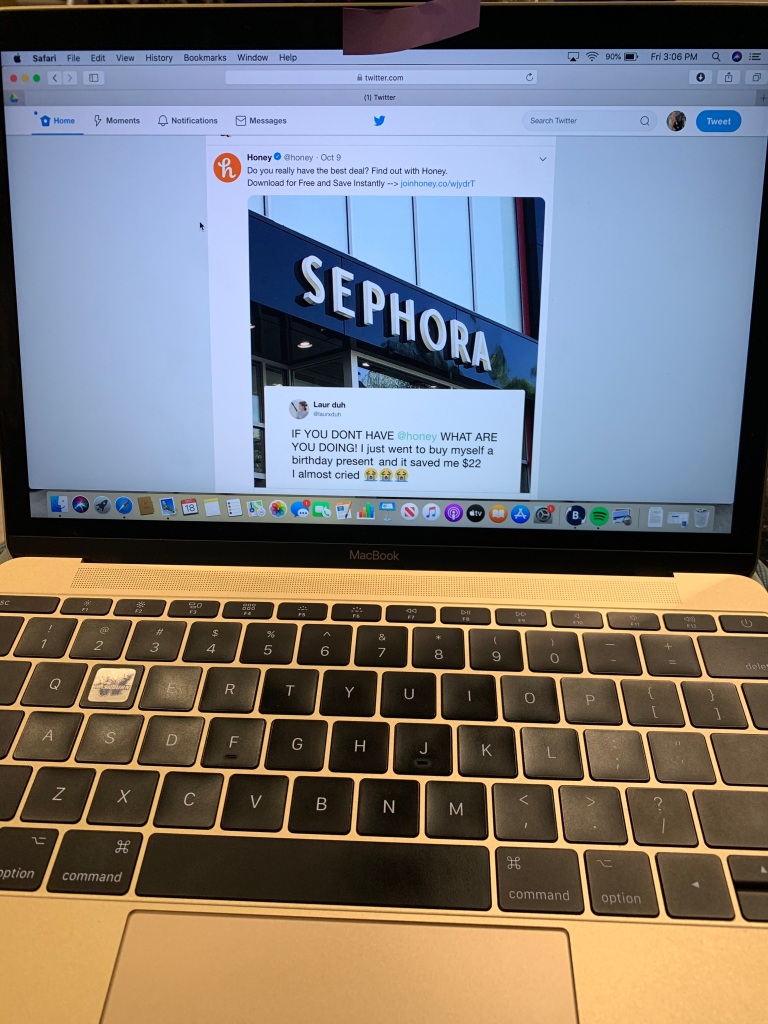
By Taylor Long
When posting a picture to social media, I almost always tag my location. I don’t necessarily do it so people can see where I am, but more so that I can look back on that memory and know exactly where I was. I especially like to add my location on Instagram if I am at a big event or concert so I’ll never forget how fun something was just from a single picture. When I tag my location on Facebook, it’s so my family can see what fun things I’m doing. Most of my family like my mom, dad, and grandparents only have Facebook so it’s a good way to show them what I’ve been up to.
There is also a downside of tagging your location… Everyone who sees your post will be able to tell where you spend the majority or your time. Instagram does have a feature, like most social media, to make your account private. This would ensure that only people you allow to follow you will be able to see your posts and therefore, your location that you have tagged.
Learn about some pros and cons when tagging your location by clicking on this link.






